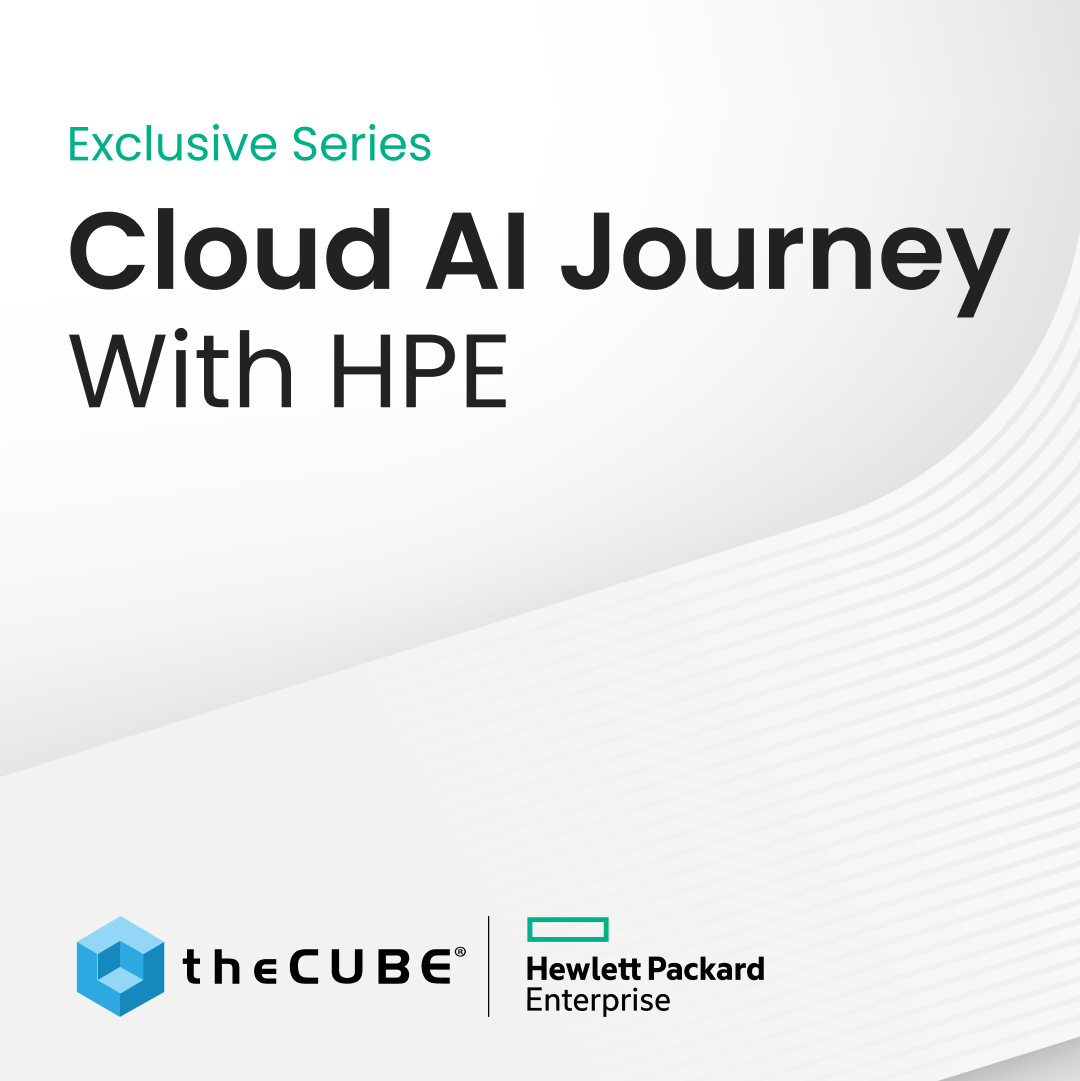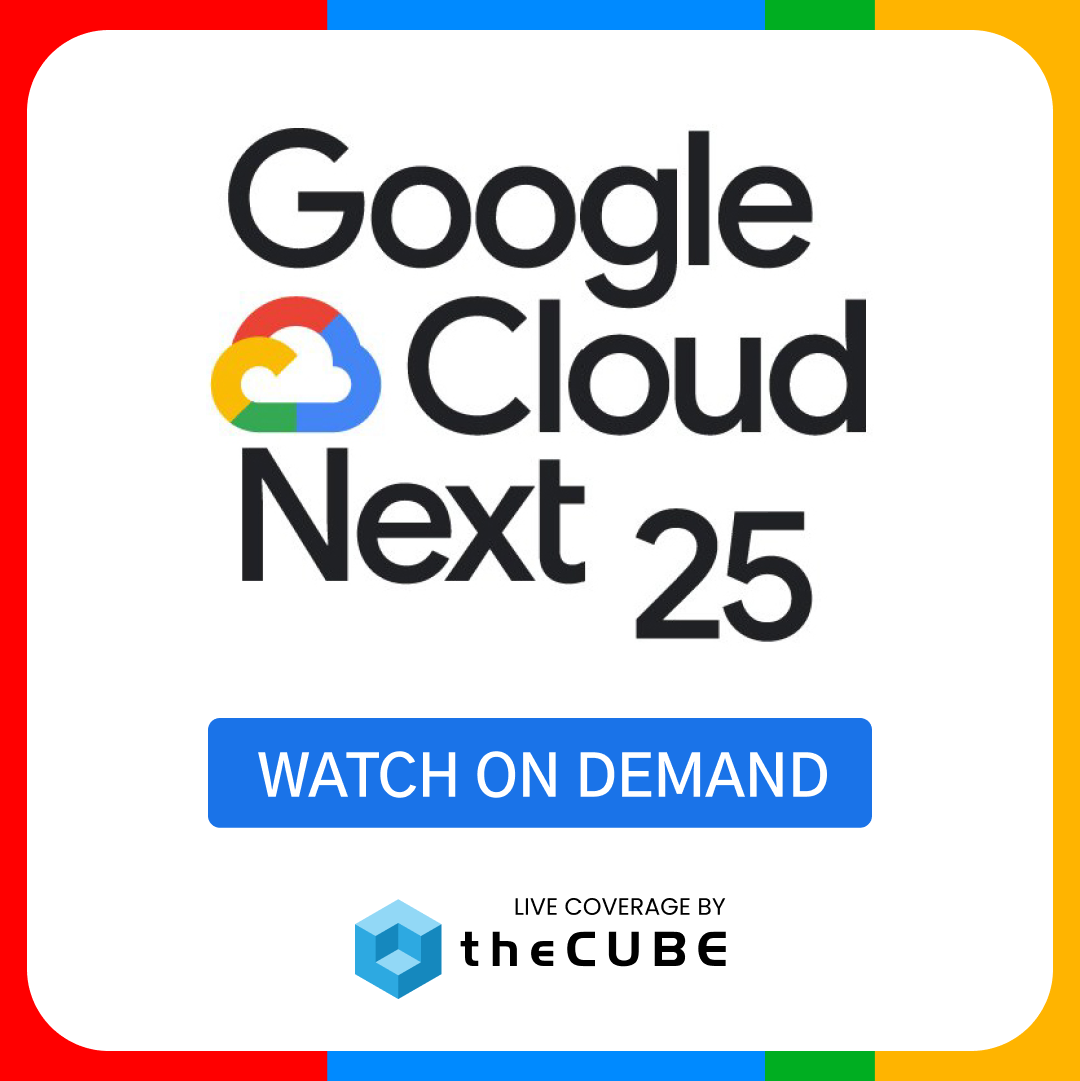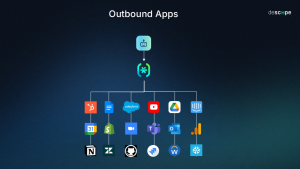The Incredible Bain Jobs Machine
Did Mitt Romney and Bain Capital help office-supply retailer Staples create 88,000 jobs? 43,000? 252? Actually, Staples probably destroyed 100,000 jobs while creating millions of new ones.
Since 1986, Staples ha![]() s opened 2,000 stores, eliminating the jobs of distributors and brokers who charged nasty markups for paper and office supplies. But it enabled hundreds of thousands of small (and not so small) businesses to stock themselves cheaply and conveniently and expand their operations.
s opened 2,000 stores, eliminating the jobs of distributors and brokers who charged nasty markups for paper and office supplies. But it enabled hundreds of thousands of small (and not so small) businesses to stock themselves cheaply and conveniently and expand their operations.
It’s the same story elsewhere. Apple employs just 47,000 people, and Google under 25,000. Like Staples, they have destroyed many old jobs, like making paper maps and pink “While You Were Out” notepads. But by lowering the cost of doing business they’ve enabled innumerable entrepreneurs to start new businesses and employ hundreds of thousands, even millions, of workers world-wide—all while capital gets redeployed more effectively.
This process happens during every business cycle and always, always creates jobs. Yet is ignored by policy mavens.
It is now four years after the wheels fell off our financial system. The government has tried every gimmick to revive the economy: fiscal stimulus, monetary easing, loan write-downs, foreclosure modifications—all duds. It seems like no one remembers how an economy creates jobs anymore. The right answer, in fact the only answer, for jobs and better living standards, is productivity.![]()
Economists define productivity as output per worker hour. But ramping up the output of trolleys or 8-track tapes won’t increase living standards. It is not just technical efficiency that matters, it is also effectiveness—that is, producing what the economy really needs and consumers will pay for.
And so, in a broader sense, productivity is really about doing the right things the right way. Using modern construction equipment, we could build a pyramid on the National Mall in Washington with amazing efficiency, but it would not be effective.
So how does productivity result in more employment?
Three ways. First, some new technology comes along that allows something never before possible. Cash from an ATM, stock trading from an airplane’s aisle seat, ads next to Google search results.
The inventor or entrepreneur who uses the invention benefits from sales and wealth and hires people to produce the good or service. We don’t hear about this. Instead we hear about the layoffs of bank tellers, stockbrokers and media salesmen. So productivity becomes the boogeyman for job losses. And many economic cranks would prefer that we just hire back the tellers and toll collectors.
This is a big mistake because new, cheaper technology becomes a platform for others to create or expand businesses that never before made economic sense. Adobe software killed typesetters, but allowed millions cheaply to get into the publishing business. Millions of individuals and micro-size businesses now reach a national, not just local, retail market thanks to eBay. Amazon allows thousands upon thousands of new vendors to thrive and hire.
Consider Uber, a 20-month-old start-up, whose smartphone app knows where you are and with a simple click arranges a private car pickup to take you where you want. It doesn’t exist without iPhones or Androids. Taxi and limousine dispatchers lose. Customers win. We’ll all be surprised by new tablet applications being dreamed up in garages and basements everywhere.
The third way productivity results in more employment is by attracting capital to satisfy new consumer demands. In a competitive economy, productivity—doing more with less—always lowers the cost of products or services: $5,000 computers become $500 tablets. Consumers get to spend the difference elsewhere in the economy, and entrepreneurs will be happy to sell them what they want or create new things they never heard of, but will want. And those with capital will be eager to fund these entrepreneurs. Win, win.
The mechanism to decide the most effective use for this capital is profits. The stock market bundles profits and is the divining rod of productivity, allocating capital in cycle after cycle toward the economy’s most productive companies and best-compensated jobs. And it does so better than any elite economist or politician picking pork-barrel projects and relabeling them as “investments.”
The productive use of capital is not an automatic process, of course. It is all about constant experimentation. And it is never permanent: Railroads were once tremendously productive, so were steamships and even Kodachrome. It takes work, year in and year out—update, test, tweak, kill off. Staples is under fire from Amazon and other productive online retailers. Its stock has halved since its 2010 peak and is almost at a 10-year low. So be it.
With all the iPads and Facebook and cloud-computing growth, why is unemployment still 8.2% and job creation stalled? My theory is that productivity is always happening but swims upstream against those that fight it. Unions, regulations and a bizarre tax code that locks in the status quo.
In good times, no one notices. But in slow-growth economies, especially in the last 10 years, regulations and hiring rules and employer mandates and environmental anchors have had a cumulative dampening effect on productivity.
How can government do the right thing to help productivity and the employment it fosters? Get out of the way. Every government-mandated low-flow toilet, phosphorous-free dishwasher detergent, CFL light bulb, and carbon-emission regulation is another obstacle on the way to a productive, job-creating economy that produces things consumers really want.
A message from John Furrier, co-founder of SiliconANGLE:
Your vote of support is important to us and it helps us keep the content FREE.
One click below supports our mission to provide free, deep, and relevant content.
Join our community on YouTube
Join the community that includes more than 15,000 #CubeAlumni experts, including Amazon.com CEO Andy Jassy, Dell Technologies founder and CEO Michael Dell, Intel CEO Pat Gelsinger, and many more luminaries and experts.
THANK YOU

















